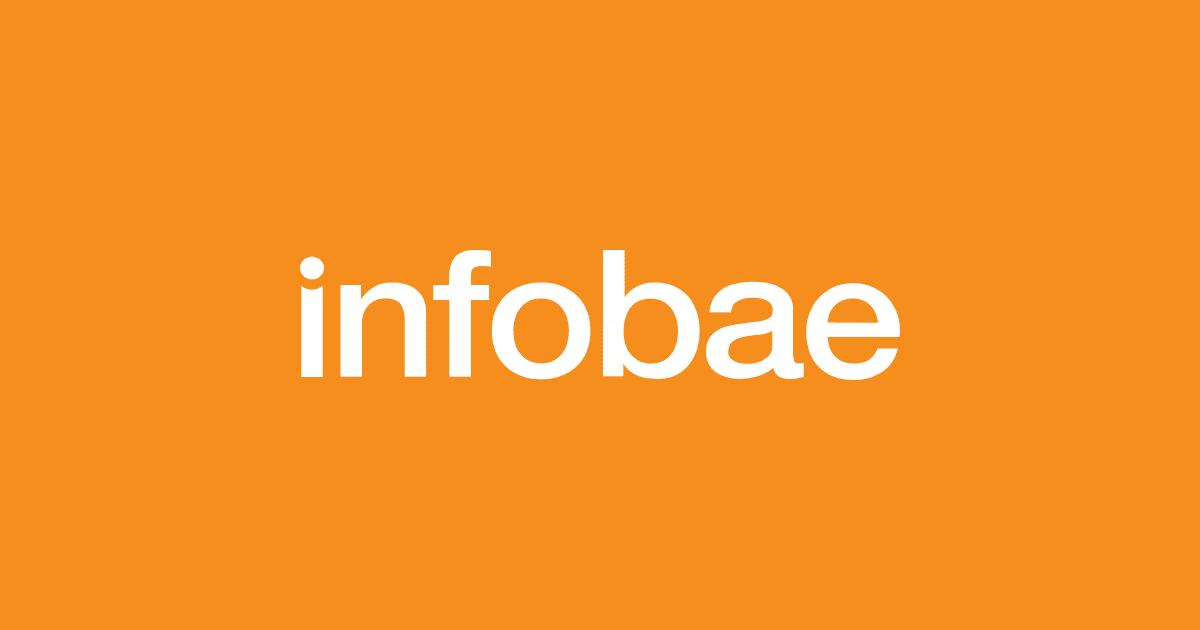La Paz, Apr 17 (EFE).- A study on the participation of women in the informal economy in Bolivia was presented this Wednesday. This implies that informal workers often participate in the retail sector and have work weeks of more than 72 hours, which increases if they care for dependents.
'Profile of Women Entrepreneurs: Dynamics of Women-led Entrepreneurship in the Informal Economy' was prepared by United Nations Development Program (UNDP), Women and Business Institute and Franz Tamayo Private University.
Patricia Chok, from the UNDP Acceleration Lab, told EFE that the study reflects the “diversity” of women working in the country's informal economy, and that the aim of the work is to “improve the quality of employment” so they can become rehabilitated. For projects, programs and policies linked to this sector.
Chok highlighted that informal work in Bolivia is “essentially feminine and predominantly family-oriented” and that many women who decide to be self-employed do so “more out of necessity than opportunity” and out of flexibility. of the schedule.
The study shows that 73% of the women surveyed work at least 72 hours a week in their own business, and 21% work more than 81 hours, which exceeds the 8 hours a day mandated by laws in Bolivia.
The research was based on 818 surveys carried out in the four largest cities of Bolivia: La Paz (240), Santa Cruz (200), Cochabamba (192) and El Alto (186).
“Women (in the informal economy) not only dedicate themselves to their businesses, but also have a double or triple shift in terms of taking care of dependents,” Chok said.
Another basic aspect of the model is that these women work “seven days a week” and 50% of businesses have more activity on weekends because these activities depend on fairs and markets.
Chok noted that women who dedicate themselves to informal work are not equal and that differences exist to provide a better working environment.
Thus, different profiles or identities are entrepreneurs (entrepreneurs, artisans and situational entrepreneurs, an entrepreneurial spirit and members), type of business (commercial, family businesses, specialized businesses or travel and street businesses) and level of instruction.
The inquiry's recommendations include “transparency and deregulation of business formalization and institutionalization processes”.
Likewise, “digital and gender gaps must be bridged” and programs targeting this population must take into account different educational levels, learning styles and levels of adoption of new technologies. EFE
grb/eb/nvm
(Video)

